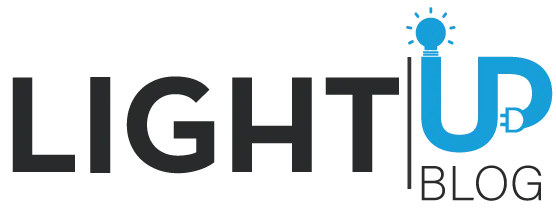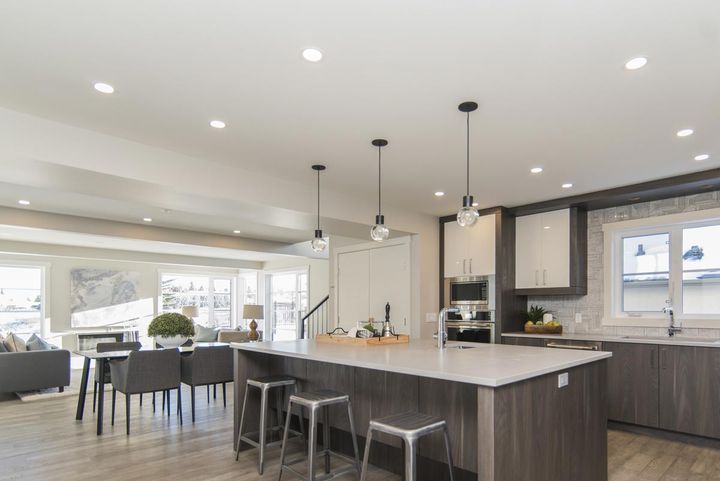Defining LEDs

Saving energy, and the environment, is an important topic that is discussed and rationalized every day. A popular way to save energy and money is with LED lighting. With energy-efficient lighting, utility bills become lower and there is less burden on nonrenewable energy sources. LEDs are the most efficient lights on the market, but what does LED stand for and how do they differ from standard bulbs?
LED stands for "light emitting diode". A diode is an electrical component with two terminals which conduct the electricity only in one direction. With an electrical current, the diode emits a bright light around the small bulb. Typically, diodes have been used in many technologies such as radios, televisions, and computers as an electrical component for conduction.
Connecting a diode to an electrical current excites the electrons with the diode, making them release photons, which we see as light. The color of the light is a direct result of the energy gap in the semiconductor of the diode. This means that LEDs produce a spectrum of colors easily and brightly while using very little electricity to do so.
LEDs have proven to be the most efficient lighting bulbs available on the market today. According to the U.S. Department of Energy, Energy Star rated LEDs use at least 75% less energy than traditional incandescent bulbs and last 25 times longer. LEDs even outlast CFL (compact fluorescent lighting) bulbs in efficiency, mainly because they have twice the lifespan of CFLs. Another reason that LEDs are more efficient than both incandescents and CLFs is because LEDs emit light in a targeted direction, instead of scattering it in all directions, saving energy. LEDs do not require or produce great amounts of heat, either. Incandescents and CFLs release most of their energy as heat; 90% and 80% respectively. Your math is correct. That means only 10% (incadescents) and 20% (CFLs) is actually light.
Check back to see new articles and guides , or feel free to click another article to experience more great insights and advice.



